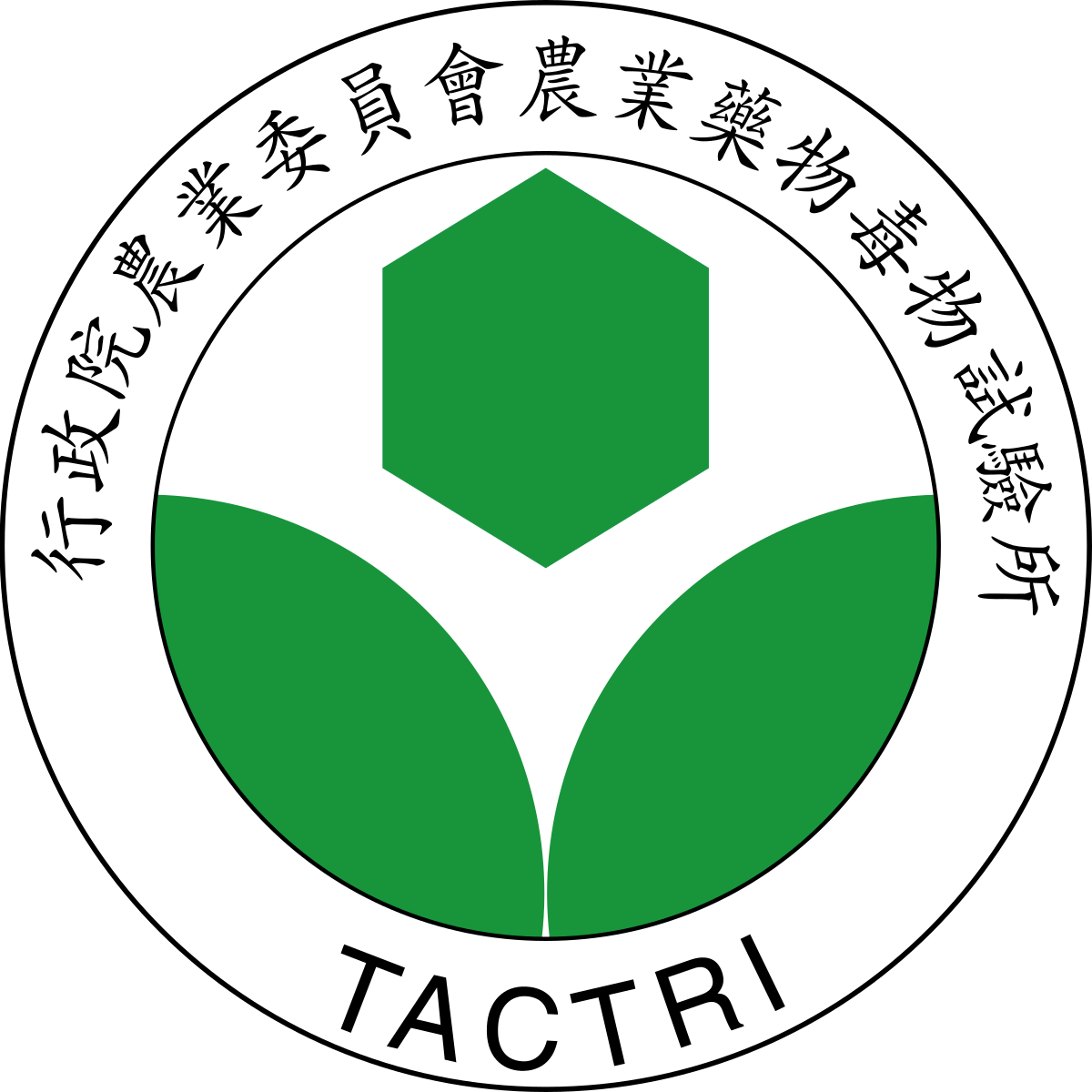Ninth International Conference on Management of the Diamondback Moth and Other Crucifer Insect Pests
 |
Photo by Dr. Srinivasan Ramasamy |
The Ninth International Conference on Management of the Diamondback Moth and other Crucifer Insect Pests will be organized by the World Vegetable Center in association with Royal University of Agriculture (RUA) in Cambodia and Taiwan Agricultural Chemicals and Toxic Substances Research Institute (TACTRI). The conference will be held during May 2-5, 2023 at Phnom Penh, Cambodia. About 100 – 150 researchers worldwide are expected to participate and present research papers. The conference is designed to provide a common forum for the researchers to share their findings in bio-ecology of insect pests, host plant resistance, biological control, pesticides and insect resistance management on crucifer crops and integrated pest management. As with previous workshops / conference, a comprehensive publication of the proceedings will be published.
Scientific Sessions
- Diamondback moth and other crucifer pests: The global challenge in a changing climate
- Biology, ecology and behavior of diamondback moth and other crucifer pests: What’s new?
- Insect plant interactions, host plant resistance and chemical ecology of crucifer pests and their natural enemies
- Insecticide resistance and management in crucifer pests: the on-going challenge
- Biological and non-chemical methods of management of crucifer pests (including organic agriculture)
- Genetic approaches to manage crucifer pests: transgenic plants, CRISPR, RNAi, and genetic pest management
- Constraints and opportunities to the sustained adoption of integrated pest management (IPM) for the management of DBM and other crucifer pests

Photo by Dr. Subramanian Sevgan

Photo by Dr. Subramanian Sevgan
Details
CALL FOR ABSTRACTS / PAPERS
- 6 February – 31 March 2023
REGISTRATION
- 15 February – 15 April 2023
- Registration: Please click here to registration
REGISTRATION FEE
- Scientists (Outside Cambodia USD 400)
- Scientists (From Cambodia USD 200)
- Students (USD 200)
- Accompanying person (USD 200)
ABSTRACT SUBMISSION
-
Please prepare the abstract using this template and submit it to: paola.sotelo@worldveg.org and sopana.yule@worldveg.org ariel.wu@worldveg.org
CONFERENCE VENUE
Address: 313 Preah Sisowath Quay, Phnom Penh 12007, Cambodia
NEARBY HOTELS
Scientific Committee
Dr. SRINIVASAN RAMASAMY
World Vegetable Center, Taiwan
Dr. PAOLA SOTELO-CARDONA
World Vegetable Center, Taiwan
Dr. Li-Hsin Huang
Taiwan Agricultural Chemicals andToxic Substances Research Institute, Taiwan
Dr. THO KIM EANG
Royal University of Agriculture, Cambodia
Dr. MYRON P. ZALUCKI
University of Queensland, Australia
Dr. MICHAEL FURLONG
University of Queensland, Australia
Dr. ZHENYU LI
Guangdong Academy of Agricultural Sciences, China
Dr. SUBRAMANIAN SEVGAN
International Centre of Insect Physiology and Ecology, Kenya
Dr. HUGH A. SMITH
University of Florida, USA
Dr. FRANCISCO RUBEN BADENES PEREZ
Institute of Agricultural Sciences, Spain
ORGANIZERS
 |
 |
 |
| World Vegetable Center | Royal University of Agriculture | Taiwan Agricultural Chemicals and Toxic Substances Research Institute |
CONTACT
Dr. SRINIVASAN RAMASAMY
Flagship Program Leader for Safe and Sustainable Value Chains & Lead Entomologist
World Vegetable Center, Shanhua, Tainan 74151, Taiwan
Tel: +886-6-5837801
Fax: +886-6-5830009
E-mail: srini.ramasamy@worldveg.org
Dr. PAOLA SOTELO-CARDONA
Scientist (Entomology)
World Vegetable Center, Shanhua, Tainan 74151, Taiwan
Tel: +886-6-5837801
Fax: +886-6-5830009
E-mail: paola.sotelo@worldveg.org
BACKGROUND

Photo by Dr. Christian Ulrichs
Cruciferous crops such as cabbage, cauliflower, broccoli, mustard, radish, and several leafy greens are economically important vegetables vital for human health. These nutritious vegetables provide much-needed vitamins and minerals to the human diet—especially vitamins A and C, iron, calcium, folic acid, and dietary fiber. Crucifers also are capable of preventing different types of cancer.
The diamondback moth (DBM), Plutella xylostella, is the most serious crucifer pest worldwide. In addition, head caterpillar (Crocidolomia pavonana), web worm (Hellula undalis), butterflies (Pieris spp.), flea beetle (Phyllotreta spp.) and aphids (Brevicoryne brassicae, Lipaphis erysimi, Myzus persicae) also cause significant yield losses in crucifers. Farmers prefer to use chemical pesticides for controlling this pest because they have an immediate knock-down effect and are easily available when needed in local markets. Pesticides constitute a major share in the total production cost of crucifer crops, accounting for about one-third to half of the cost of production of major crucifer crops in Asia, for instance. As a result, pest resistance to insecticides is on the rise, leading farmers to spray even more pesticides. Insecticide resistance, environmental degradation, human health impacts, resource loss and economic concerns have triggered a growing interest in integrated pest management (IPM).
Previous International Workshop / Conference(s) on Management of the Diamondback Moth and other Crucifer Insect Pests

Photo by Dr. Srinivasan Ramasamy
The International Working Group on DBM and other Crucifer Insects is an informal group of researchers worldwide who are actively engaged in research and development in crucifer pest management.
This research group participates in an international workshop on the management of DBM and other crucifer insect pests that occurs every five to six years.
The first and second workshops were organized by Asian Vegetable Research and Development Center (AVRDC) in Taiwan in 1985 and 1990.
The third workshop was organized by the Malaysian Agricultural Research and Development Institute in Kuala Lumpur in 1996.
The fourth workshop was organized in Australia in 2001 and the fifth workshop was organized by the Chinese Academy of Agricultural Sciences in Beijing in 2006.
The sixth workshop was organized by AVRDC – the World Vegetable Center in Thailand in 2011 and the seventh workshop was organized by the University Agricultural Sciences Bangalore in 2015.
The eighth International Conference on Management of the Diamondback Moth and other Crucifer Insect Pests was organized by the World Vegetable Center in Taiwan in 2019.
Additional details and proceedings of these workshops / conference can be found at https://avrdc.org/diamondback-moth-working-group/